Our beautiful coral reefs and marine ecology are fragile! Help us protect them! Avoid standing on or otherwise touching any coral or creature underwater, wear sun protective clothing and mineral sunscreen, and properly use moorings and access channels for beach entry.
Friends programs create safeguards like moorings, teach our youth to be stewards of the future, support coral related research and programs to address threats like Lionfish and Stony Coral Tissue Loss Disease (SCTLD), and encourage responsible visitation.
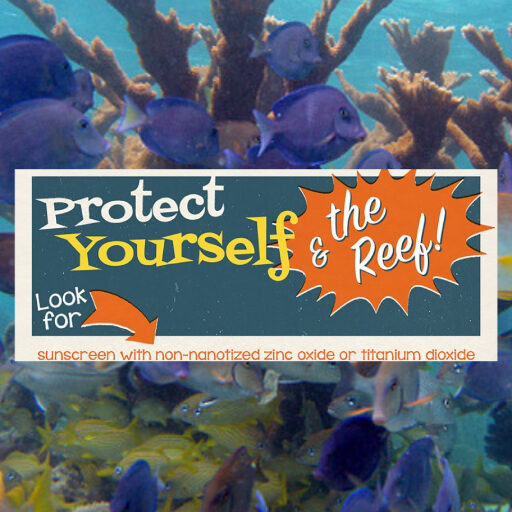
Mineral Sunscreen
Help us protect our coral reefs! Sunscreen with ingredients like oxybenzone and octinoxate is banned in the USVI because it is believed to contribute to coral bleaching and is harmful to marine life. Find a full list of reef safe sunscreen options here.
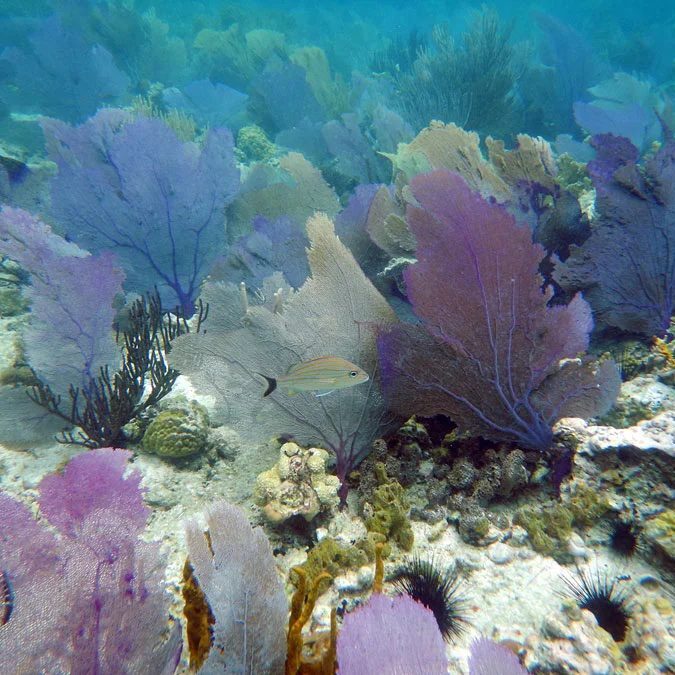
Plan Your Snorkel
Whether you're a seasoned snorkeler or a newbie, our app helps you plan your snorkeling adventures and provides guidelines for responsible visitation.
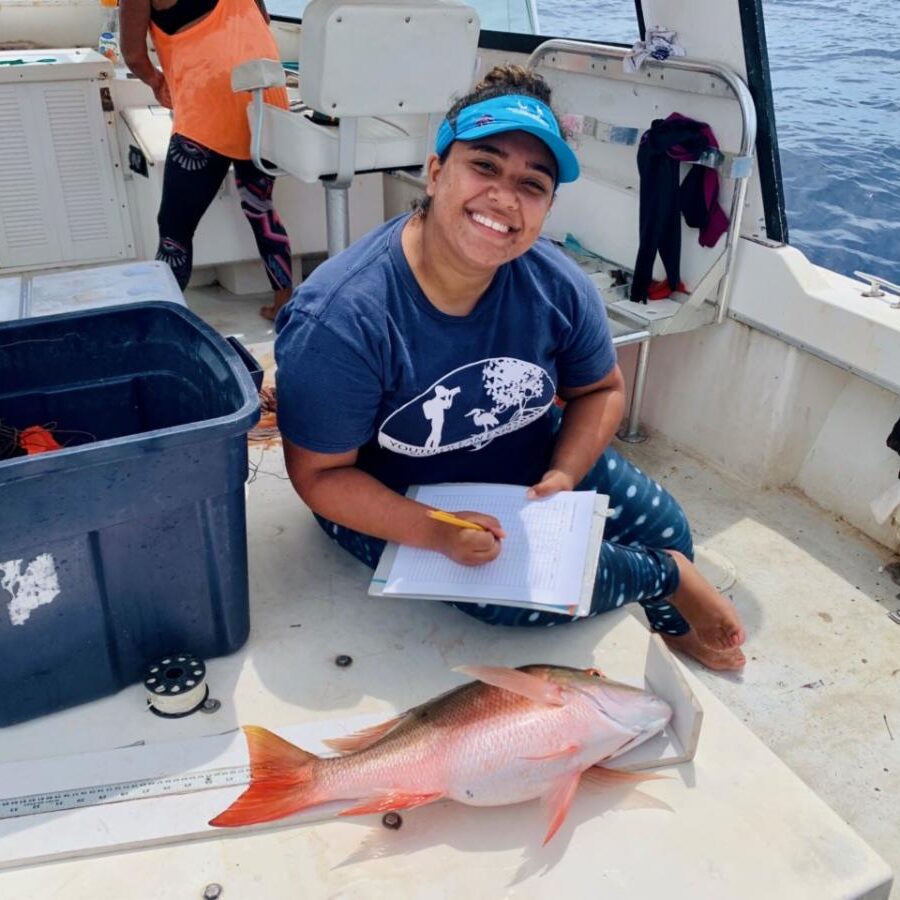
Seminars
Interested in learning more about marine conservation and coral protection in the VI? Friends seminars aim to educate and inform on subjects related to the protection, conservation, and preservation of the natural and cultural resources in the Virgin Islands National Park. Attend a talk in person or enjoy recordings of past virtual seminars.
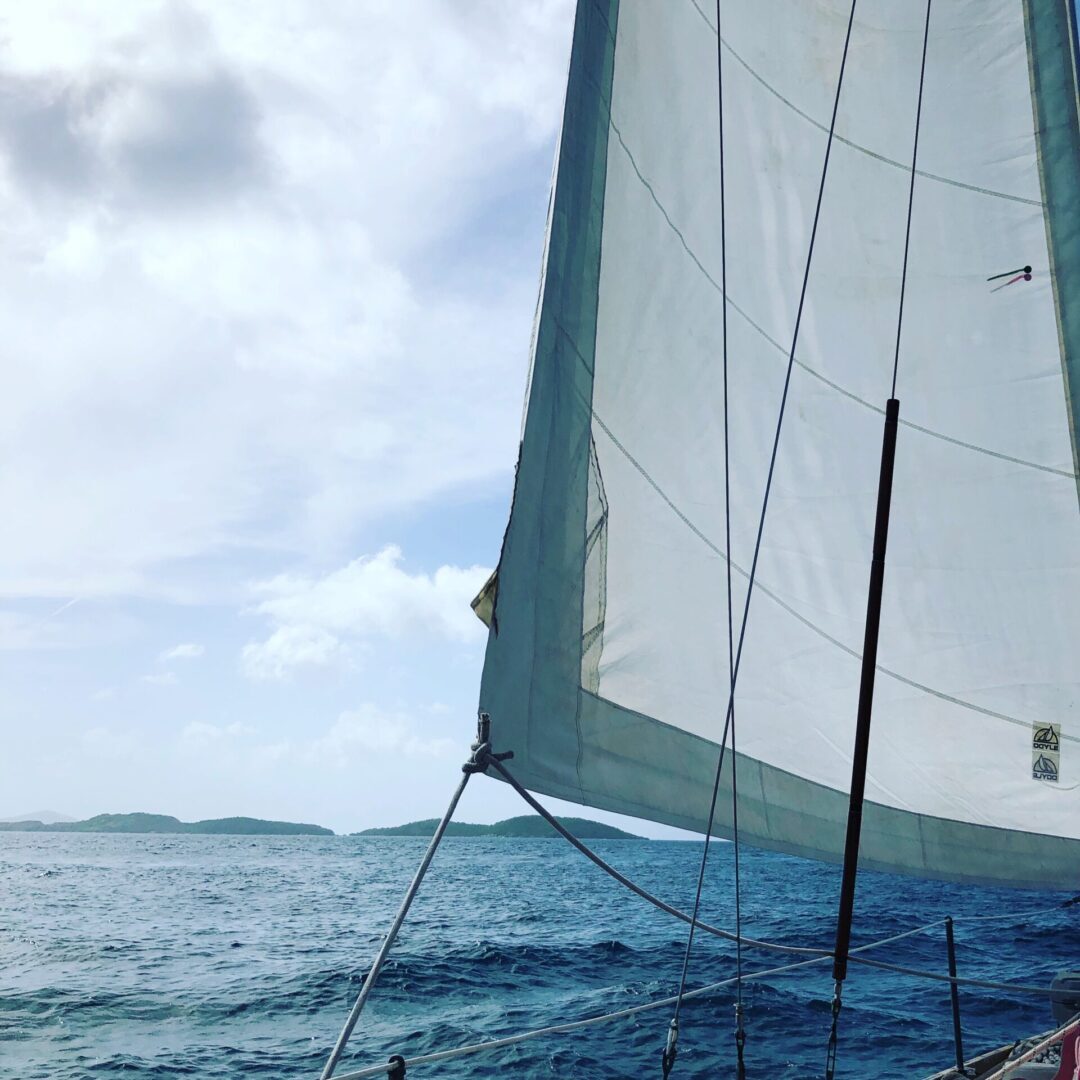
Anchorless Park
To protect coral reef and sea grass beds within the Park, the Friends worked with the National Park Service to install over 200 moorings. Friends continues to contribute to the maintenance of the mooring system. Mooring locations can be found on the interactive boater awareness map.
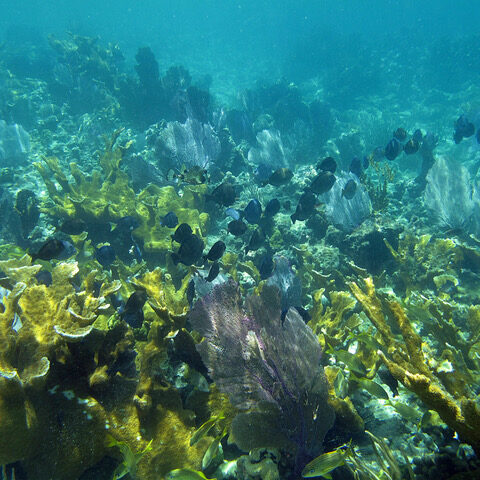
Coral Protection
Friends supports research and monitoring by a number of biologists as well as the work done by the CORE Foundation to address Stony Coral Tissue Loss Disease (SCTLD) and eradicate invasive lionfish from park waters.
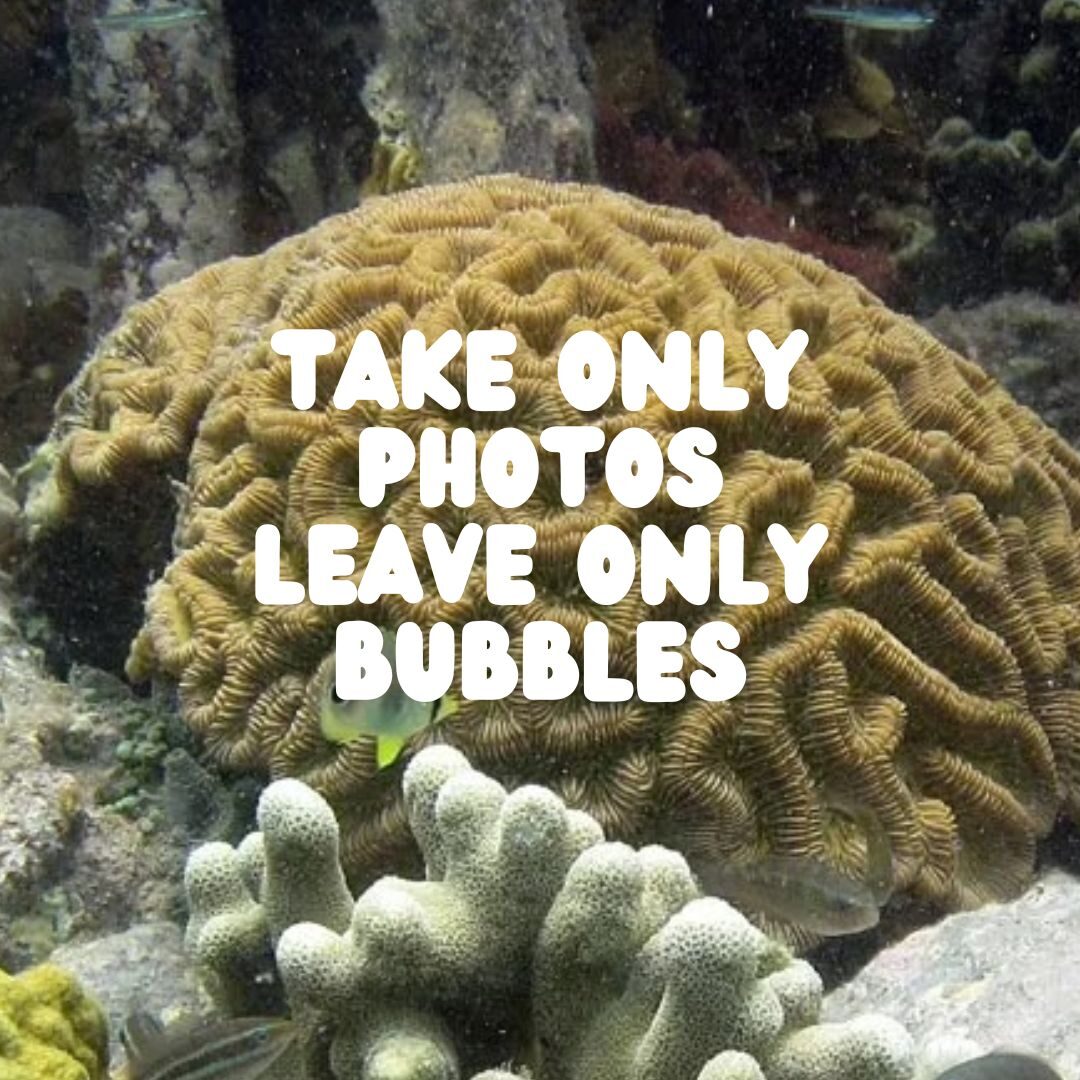
Safe Snorkeling
Have fun and enjoy our beautiful under-water world safely: Keep your fins away from coral and don't touch anything on the bottom, especially orange or other brightly colored objects. There are many organisms on the reef that can cause a painful sting. Corals are also fragile creatures and can be significantly harmed if handled.
